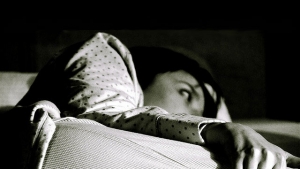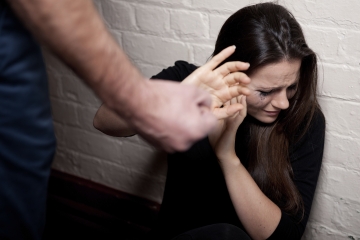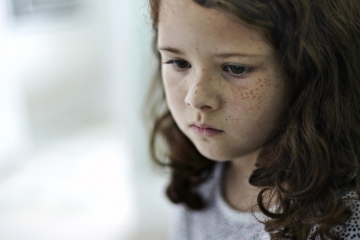
Overcome Your Sleeping Problems – Sleep Well
According to The American Academy of Sleep Medicine (2008). About 30 percent of adults have symptoms of insomnia, about 10 percent of adults have insomnia that is severe enough to cause daytime consequences and less than 10 percent of adults are likely to have chronic insomnia.
Insomnia refers to the inability to obtain satisfactory sleep and many people, at some stage in their life, will struggle. There can be many different reasons for sleep disturbance and understanding the underlying causes can be helpful in assisting you to overcome sleep disturbance and enjoy a restful nights sleep again.
What Causes Insomnia?
Symptoms of insomnia can be caused by a variety of biological, psychological and social factors. Insomnia is different from sleep deprivation which occurs when an individual does not have the opportunity to get a full night of sleep. A small percentage of people who have trouble sleeping are actually short sleepers who can function normally on only five hours of sleep or less.
A Mild Case of Insomnia May Be Either-or All, of the Following:
Difficulty falling asleep (known as onset insomnia),
Generally taking longer than 10-15 minutes to fall asleep,
Waking up during the night and having difficulty going back to sleep,
Waking earlier in the morning than you would like and unable to go back to sleep. Contact Me For Help With Your Sleeping Problem
Common Factors That Cause Mild Insomnia:
Emotional and/or Psychological
Losing someone through death, relationship break-up, grown up child leaving home, stressed or anxious about something.
Physical Factors
A medical condition causing pain or discomfort.
Nutritional Factors
Poor dietary intake, eating junk food etc.
Environmental Factors
Temperature too hot or too cold,
Disturbing noise (traffic, dogs barking, loud music, partner snoring),
Lifestyle factors
Drinking alcohol, smoking (nicotine is a stimulant), working late into the evening
Sleep Disorders: Consult your doctor if you have any of the following symptoms:
Narcolepsy
A rare sleeping disorder where people literally fall asleep while they are doing whatever it is they are doing. This person may feel sleepy during the day. It is also not uncommon for a person with Narcolepsy to fall asleep and wake up without even realising they were asleep since sleep may only last a few seconds. This can be particularly dangerous if driving a vehicle or operating machinery.
Night Terrors
More common in children but adults can suffer from this sleep disorder too. In children this disorder generally disappears as the child grows older but in adults this disorder is difficult to treat. Often the person will wake up as though from a nightmare and may be screaming or swearing but is unable to recognise familiar faces for a short time after waking.
Obstructive Sleep Apnea Syndrome
This sleep disorder is recognised by the severe snoring. These people usually stop breathing while they are sleeping followed by a large ‘snort’ before resuming breathing. This snort generally happens to clear the air passage allowing normal breathing to happen but the process usually wakes the person and this may happen numerous times causing a broken sleep. This sleep disorder may be associated to excess weight and alcohol consumption. Sometimes avoiding alcohol and reducing weight can lessen the sleep apnea problem. Discuss with your doctor if you have any concerns.
‘Restless Legs’ Syndrome
Twitching movements or jerking of legs throughout the night signifies this condition but it is not to be confused with the common jerking or twitching experienced while drifting off to sleep. In some cases menopause can bring on this syndrome. If you are experiencing this syndrome consult your doctor.
Bedwetting (Eneuresis)
Generally this problem is more common for men than women. A child usually grows out of the bedwetting stage but a small percentage may continue to suffer in adulthood. Consult your doctor..
Caution: If you have been taking any form of sleep medication (prescribed or over the counter) please see your doctor before withdrawing from them. Withdrawal must be done slowly and over several weeks. I can help you put a sleeep programme in place before you attempt to withdraw from any form of sleep medication.





